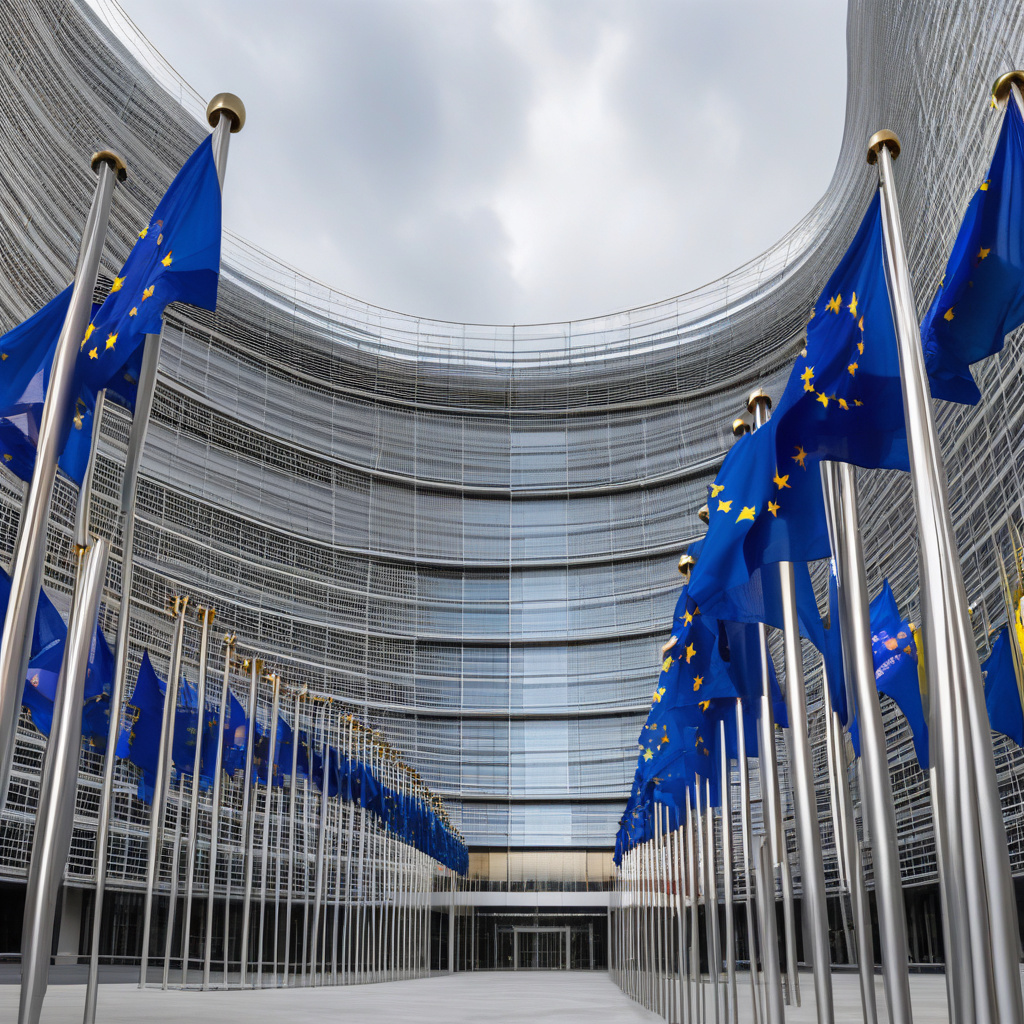EU Stands Firm Against US Pressure on AI Regulation
The European Union has long been at the forefront of advocating for strict regulations on artificial intelligence (AI) to ensure the protection of citizens’ rights and privacy. Recently, this stance was put to the test as US Vice President JD Vance urged European lawmakers to ease AI regulations, sparking speculation over Washington’s potential influence on EU policies.
Despite the pressure from the United States, the EU has remained resolute in its commitment to upholding stringent AI regulations. The European Commission, the executive branch of the EU, has emphasized that any changes to existing regulations would be made independently, taking into account the region’s unique values and priorities.
The EU’s steadfast position on AI regulation is rooted in its dedication to safeguarding fundamental rights and ethical standards in the development and deployment of AI technologies. By maintaining strict regulations, the EU aims to foster trust among its citizens and set a global standard for responsible AI governance.
Moreover, the EU’s approach to AI regulation is guided by the belief that innovation and ethical considerations are not mutually exclusive. By implementing clear rules and guidelines, the EU seeks to create a regulatory framework that promotes innovation while ensuring that AI technologies are developed and used in a manner that is consistent with European values.
It is essential to note that the EU’s commitment to robust AI regulation is not only driven by ethical considerations but also by economic interests. By setting high standards for AI governance, the EU aims to position itself as a global leader in AI innovation, attracting investment and talent from around the world.
In contrast, the United States has adopted a more laissez-faire approach to AI regulation, prioritizing innovation and market competitiveness over stringent rules. While this approach has its merits, it has also raised concerns about the potential risks and ethical implications of unchecked AI development.
The recent push by US Vice President JD Vance to persuade European lawmakers to relax AI regulations reflects the broader divergence in regulatory philosophies between the EU and the US. While the US advocates for a lighter regulatory touch to foster innovation, the EU prioritizes the protection of fundamental rights and ethical standards in AI development.
Despite the differences in approach, both the EU and the US recognize the importance of AI in driving economic growth and technological advancement. As such, finding common ground on AI regulation will be crucial in fostering transatlantic cooperation and ensuring that AI technologies are developed and deployed responsibly.
In conclusion, the EU’s rejection of US pressure to ease AI regulations underscores its commitment to upholding strict standards for AI governance. By prioritizing ethical considerations and fundamental rights, the EU aims to set a global benchmark for responsible AI development. As the debate over AI regulation continues to evolve, finding a balance between innovation and ethics will be key to shaping the future of AI technologies on both sides of the Atlantic.
AI, Regulation, EU, US, Ethics












